Addressing Social Impediments to Health
Grand Rounds

The murder of George Floyd and the resulting national reckoning on race, along with the disproportional impact of COVID-19 on communities of color, galvanized creation of the Anti-Racism Curriculum Committee at Weill Cornell Medicine in the summer of 2020. The committee’s charge: to ensure that medical students gain a firm understanding of how social, economic and policy factors influence health outcomes.
These social determinants of health, which co-chair Dr. Joy Howell calls the “social impediments to health,” have been recognized by the Centers for Disease Control and Prevention and the World Health Organization to be more important than genetics or ancestry, health behaviors, and even access to care and the quality of that care.
“We need to impress upon the next generation of health care workers the power that societal factors have on population health, as well as an individual’s health, so that they can become well-rounded, comprehensive physicians,” said Dr. Howell, assistant dean for diversity and student life at Weill Cornell Medicine. “If you are just coming up with a medication to treat high blood pressure and not attending to the context in which this patient lives, I question your ability to effectively control that patient’s blood pressure.”
Comprised of Weill Cornell Medicine administrators, faculty, students and staff, the Anti-Racism Curriculum Committee, convened by Dr. Yoon Kang, senior associate dean for education, met throughout 2020–21 and quickly identified the need to encapsulate social justice and health equity in a new Weill Cornell Medical College foundational learning objective, which was formally approved last spring by the medical college’s Executive Medical Education Committee.
The goal, said committee co-chair Dr. Joseph Safdieh, was to develop a framework in which social determinants of health, including racism, are taught longitudinally, across all four years of medical school, rather than in a single course.
“We want to show [students] that understanding social determinants of health is relevant in heart disease, lung disease, kidney disease, brain disease, in all different organ systems. It’s a pervasive societal problem that impacts every patient’s experience,” says Dr. Safdieh, who is also the Gertrude Feil Associate Dean for Curricular Affairs and the Louis and Rachel Rudin Foundation Education Scholar.
The new learning objective builds on an expanded Social Justice, Policy, Advocacy and Community Engagement curriculum, conceived by Dr. Gwendolyne Jack, an assistant professor of clinical medicine. The curriculum, which is interwoven throughout the first-year Essential Principles of Medicine course, explores the history of racism in medicine, the local and global impacts of bias and structural racism, privilege, discrimination, health inequity, structural determinants of health, and community advocacy.
Fall 2022 Front to Back
-
From the Dean
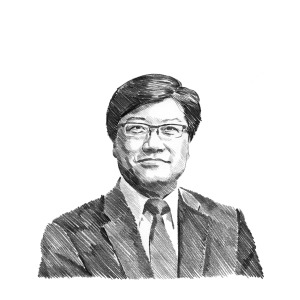
A Message from the Dean
As an academic medical center, our tripartite mission is what drives us forward: we thrive on providing world-class care to our patients, making groundbreaking discoveries that are changing the future of medicine, and teaching the health care leaders of tomorrow. -
Features
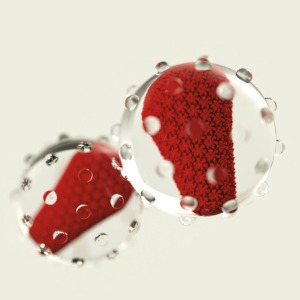
The Search for a Cure
Weill Cornell Medicine scientists aim to liberate those living with HIV by subduing the virus for good. -
Features
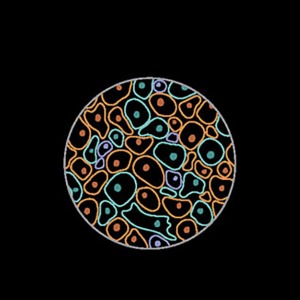
Evasive Action
Could interrupting the evolutionary process of mutating cells hold the key to vanquishing cancer? Researchers led by Dr. Dan Landau are on the case. -
Features

New Frame of Mind
Psychiatrist and neuroscientist Dr. Conor Liston (M.D. ’08, Ph.D.) and his team are poised to upend the way mental health disorders are diagnosed and treated. -
Notable
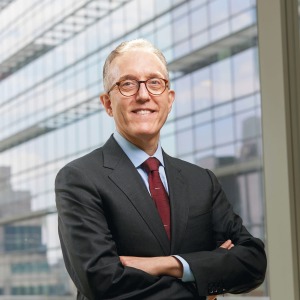
New Cancer Director
Internationally acclaimed medical oncologist Dr. Jedd Wolchok, whose innovations in immunotherapy revolutionized melanoma treatment, was recently recruited as the Meyer Director of the Sandra and Edward Meyer Cancer Center at Weill Cornell Medicine. -
Notable

3 Questions
Dr. Jay Varma, director of the new Center for Pandemic Prevention and Response, explains why an interdisciplinary approach is critical. -
Notable

Overheard
Weill Cornell Medicine faculty members are leading the conversation about important health issues across the country and around the world. -
Notable

Notable News Briefs
Faculty appointments, honors, awards and more — from around campus and beyond. -
Notable

Dateline
In the global scientific effort to understand vaccine and natural immunity to SARS-CoV-2, Weill Cornell Medicine’s location in Qatar, a country of only a few million people, has been making an outsized contribution. -
Grand Rounds

Chiari Malformation
When is Surgery Necessary? -
Grand Rounds

3 Questions
Dr. Susan Loeb-Zeitlin, who worked with a multidisciplinary team to launch the new Women’s Midlife Program, shares insights about making menopause manageable. -
Grand Rounds
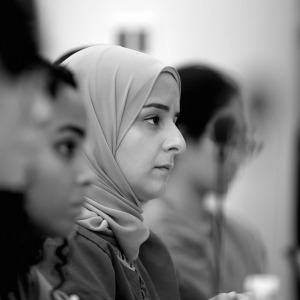
Social Impediments to Health
The murder of George Floyd and the resulting national reckoning on race, along with the disproportionate impact of COVID-19 on communities of color, galvanized creation of the Anti-Racism Curriculum Committee at Weill Cornell Medicine. -
Grand Rounds

Grand Rounds News Briefs
The latest on teaching, learning and patient-centered care. -
Discovery

COVID-19 and Diabetes
Basic science and clinical investigations converge to offer answers. -
Discovery

Development of Schizophrenia
Multiple changes in brain cells during the first month of embryonic development may contribute to schizophrenia later in life. -
Discovery

Findings
The latest advances in faculty research, published in the world’s leading journals. -
Alumni
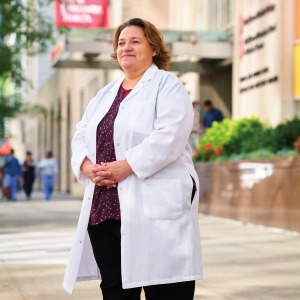
Profiles
From taking the lead in newborn medicine to forging critical connections to move research from the bench to the bedside, our alumni are making an impact. -
Alumni
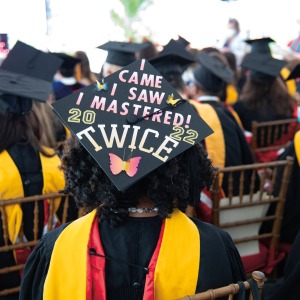
Notes
What’s new with you?
Keep your classmates up to date on all your latest achievements with an Alumni Note. -
Alumni

In Memoriam
Marking the passing of our faculty and alumni. -
Alumni
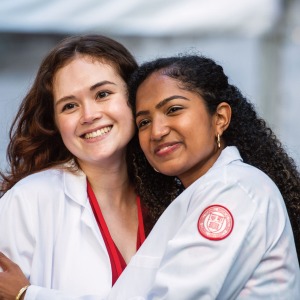
Moments
Marking celebratory events in the lives of our students, including Match Day, the White Coat Ceremony and Graduation. -
Second Opinion
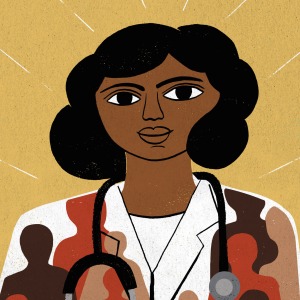
A New Lens
What’s one way that medical education must change to better address health inequities? -
Exchange
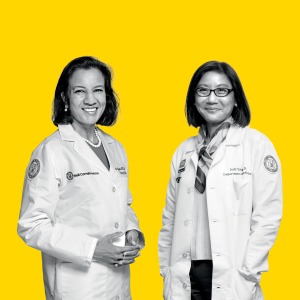
Pivot Points
Two women leaders at Weill Cornell Medicine whose professional paths have connected discuss the power of mentorship — for themselves and other women in academic medicine. -
Muse
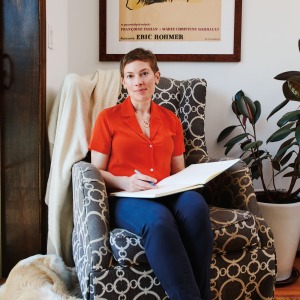
Two Forms of Truth
Dr. Laura Kolbe, whose poetry has garnered notable honors, talks candidly about how her writing helps her build a bridge to her work as a clinician. -
Spotlight

Building Connections
Dr. Kathleen Foley (M.D. ’69) has been bringing people together throughout her expansive career as a specialist in pain management and palliative care for cancer patients.